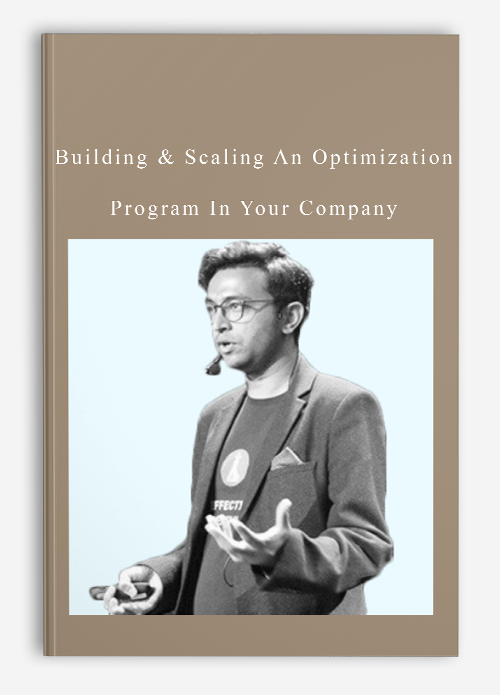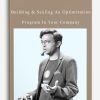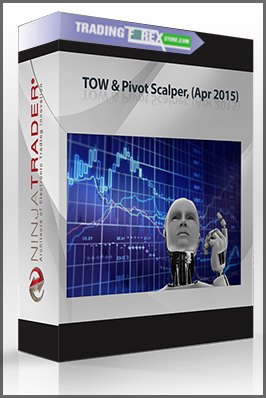Running A/B tests is the easy part
As data-driven as we try to be, all organizations are essentially human-driven. And humans are a messy bundle of irrationality, biases, and nuance. In business, we’re all working towards the common goal of growth, yet we often have different ideas and motives on getting there.
Navigating the muddy waters of organization politics and human relations is the difficult part about CRO.
A statistics 101 class will teach you what a P-Value is, but no amount of technical education can teach you to evangelize experimentation in a company. But, building a culture of experimentation and getting team buy-in is where the true and undeniable value comes from in CRO.
If you want to encourage a culture of experimentation, but don’t know how to get started or move to the next level, then this course is for you.
Conversion optimization is a team sport
Testing in an enterprise is truly a team sport.
If a testing program were a football team, its lead would be the QB. They can set the tone and direction, but without the support of a good offensive line, they’ll be scrambling to get any real results.
To get a good “offensive line” in your company, you’ll need to get buy-in from the right people.
Knowing how to navigate the organization is just as important as understanding proper statistical power. Getting people on board with optimization and working together to solve problems is where the real results start to pour in.
This class will teach you how to create a winning environment where an all star optimization team can flourish.
Build a culture of experimentation that scales and gets ROI
Conversion optimization is hard, but the heaviest lifting is often organizational – changing an organization from a gut-based approach to one driven by data and experimentation.
Picture, perhaps, a Director of Marketing at a large, stable company with a solid brand. She’s on the cutting edge of digital marketing, reads articles like this and wants to implement a testing culture within her team and organization.
Problem is, HiPPOs (highest paid person’s opinion) at her company are staunchly opposed due to a variety of entrenched ideas and political woes. She struggles, then, to push through even one or two experiments, and the program flounders.
Now picture an organization free of roadblocks, bottlenecks, and political battles. Imagine the scale at which testing can be done, ideas can be executed, and uplifts can be attained.
That’s what we’re fighting for.
n just 4 sessions, you’ll be able to…
- Set up your optimization team and keep everyone motivated towards the same goal.
- Engage stakeholders, engineers, and other departments when they have their own agenda.
- Build a structured CRO process that will drastically improve your testing velocity.
- Emulate successful companies with fast moving testing programs.
- Create a roadmap for the growth of your own optimization program.
Class 1: Foundations & Building Blocks
- Answer the question, “Why do optimization programs fail so often?”
- Take a look at successful optimization team.
- Introduce the 3P’s of setting up an optimization program
- Overview of the organizational mindset
- Customizable worksheet: Self-evaluation – Where are you right now?
Class 2: People
- Who are the key players in the program?
- How to hire the A-team
- The CRO skillset & mindset you should be looking for
- Understanding motivation & how to deal with challenging team members
- Customizable Worksheets and Supplementals: How to hire for CRO, Evaluating your team, SWOT Analysis, Dealing with challenging team members
Class 3: Processes
- How to manage a CRO project
- Roles, responsibilities, and communication
- Creating structure and SOPs (standard operating procedures)
- Identifying Bottlenecks
- Keeping everyone in the loop – How to make sure the right people know the right things
- Calculating your bandwidth for testing
- Supplementals: SOPs for CRO (worksheet), Calculating your bandwidth for testing (calculator), Evaluating your optimization stack (calculator)
Class 4: Prioritizing
- How to make CRO a part of business-as-usual
- How to demonstrate the value and ROI of your optimization activities
- Recovering from failing CRO programs
- Involving everyone in optimization
- Structuring meetings & Follow-ups
- Supplementals: Creating testing hack-a-thons (resources & assignment)















